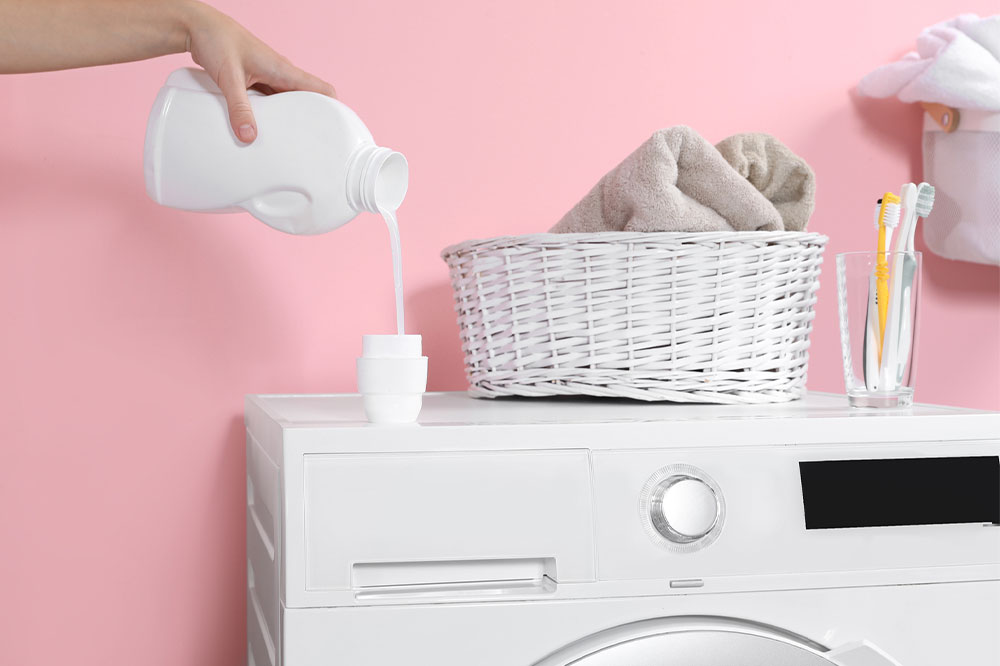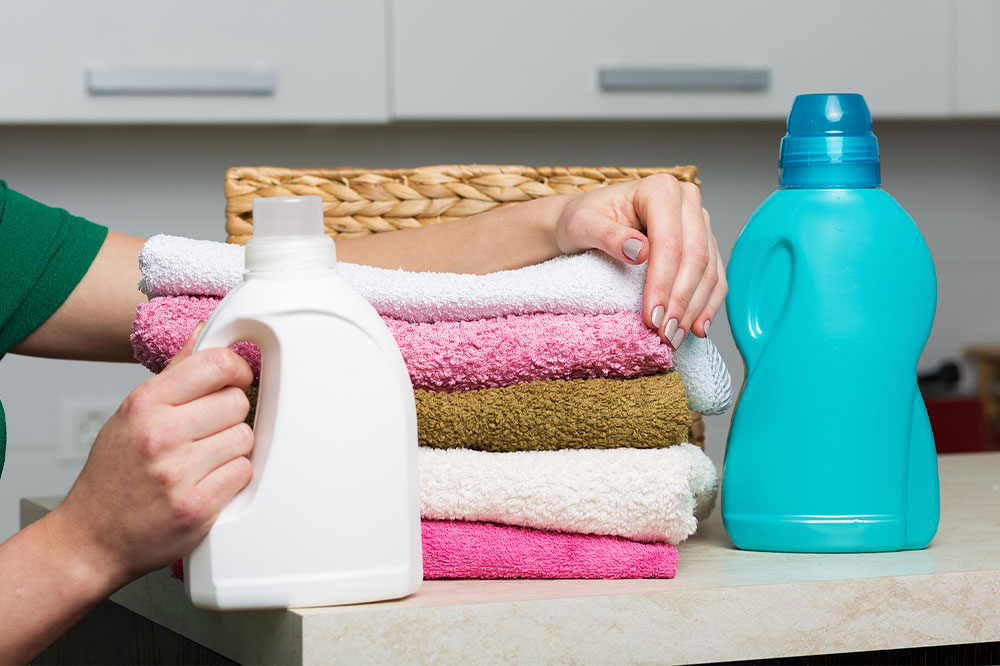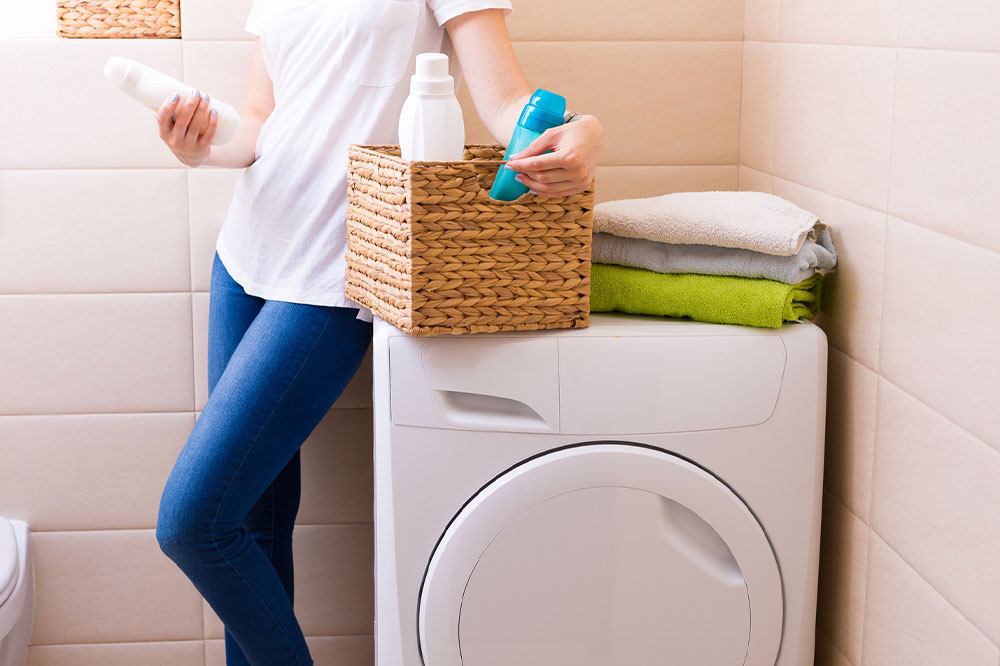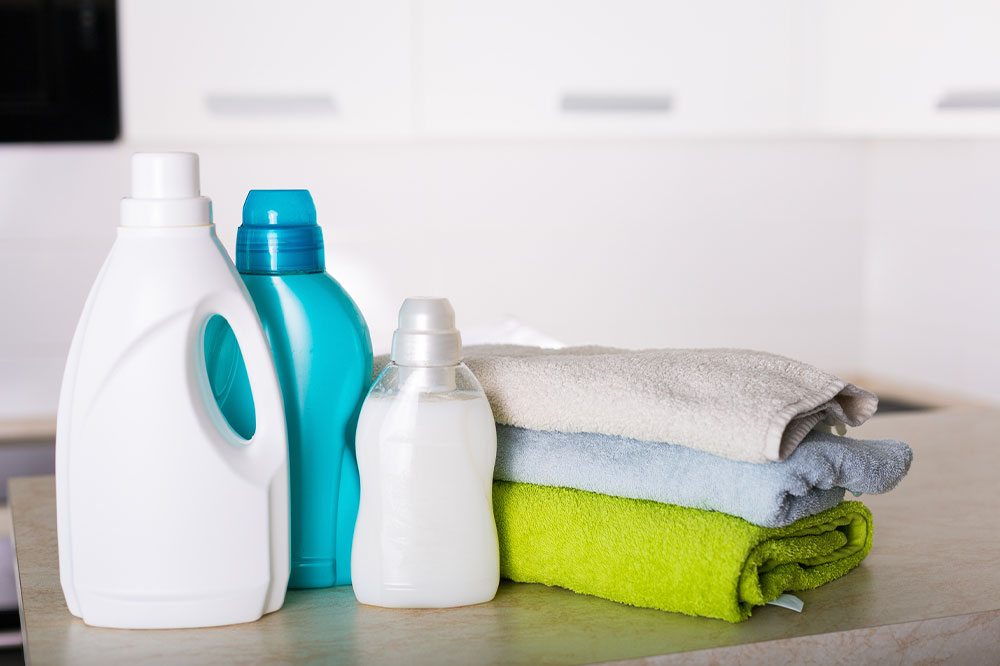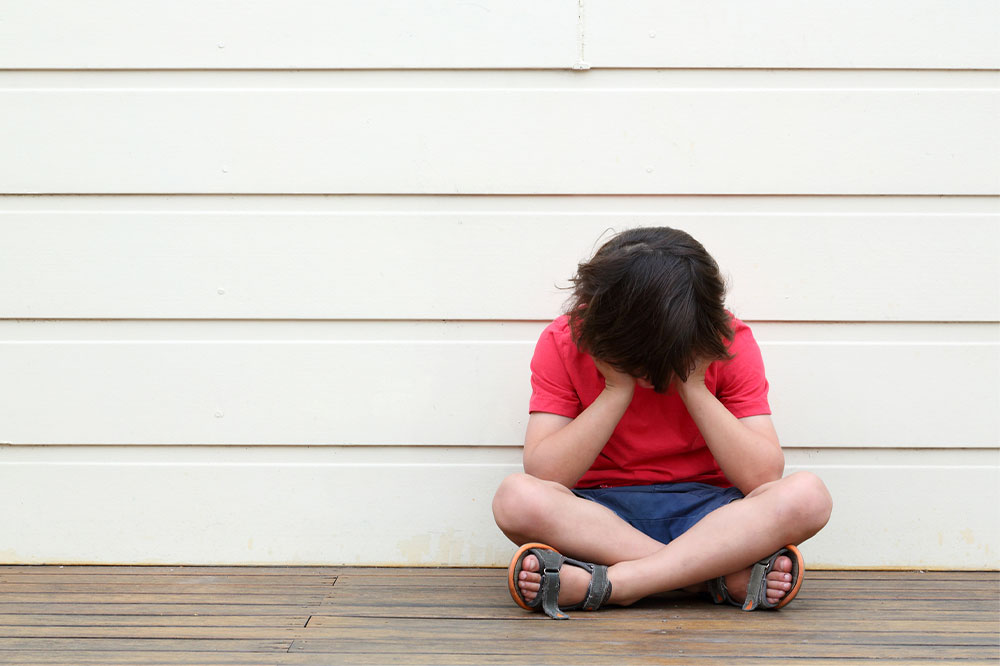10 things seniors could expect from caregivers at old age homes

Each individual, including seniors, may require some care throughout their lives, and more so as they age. Sometimes, seniors might need to move to an old age home where a caregiver will care for them. However, moving from the comfort of one’s home to a care facility might be overwhelming for many. Knowing what to expect from caregivers in an old age home could help put one’s mind at ease and facilitate a smoother transition.
1. Appointment scheduling
Some seniors who move into an old age home may require healthcare attention, such as frequent doctor visits. In some cases, seniors may not remember to set these appointments themselves. Here, the senior caregiver can help schedule these appointments and help with healthcare equipment, such as colonoscopies or other preventive diagnostic screenings.
2. Activity encouragement
There could be multiple people living in an old age home. So, the caregiver may encourage all senior members in the home to participate in leisure activities. The professional may also create a calendar with a list of activities for the month, encouraging participation in each of them. Indulging in activities could help senior members build their social skills and develop friendships with other residents.
3. Transportation
In an old age home, seniors may have access to standard healthcare services, such as first aid and prescriptions for common health issues like the common cold and the flu. But, if one has to visit a healthcare facility for specific requirements, the caregiver could help drive them to the associated establishment, such as for a dental appointment or even in an emergency. Besides, if the senior loved member wishes to go outdoors, one could speak to the caregiver about taking them outdoors for a change in scenery. The caregiver could also make trips to the library to pick up books and handle other errand requests a senior might have. In a nutshell, the professional will help provide a healthy quality of life for a loved senior member.
4. Preparation and implementation of a care plan
In addition to setting healthcare checkups, a caregiver can take on tasks such as preparing and overseeing a care plan. Ensuring that a senior member’s daily routine is streamlined may help them feel more comfortable as they transition into a new space. The plan drawn up by the caregiver can also help determine how many hours of care a loved member will require at the facility and if additional help is required to improve their health and safety.
5. Assistance with daily needs
Some individuals might require assistance with specific needs as they get older. The elderly might require such assistance because of memory and mobility issues. A caregiver could help seniors with regular activities like bathing, grooming, eating, and assistance when they need to relieve themselves. Before signing up for a senior care facility, one must determine if one’s loved senior family member requires such care. This will ensure the necessary arrangements can be made at the facility, and the senior will feel comfortable after moving there.
6. Better sense of companionship
Seniors might spend time at home alone when other family members are busy with work or school. The lack of conversation or something to do could make them feel lonely, affecting their emotional well-being. One should note that moving into an old age home could help address this aspect of the senior’s life. Caregivers could spend time with the seniors and converse with them occasionally. It could help give them a sense of companionship and make them feel more at home.
7. Supplement and prescription monitoring
A senior might need to take supplements and other prescriptions to maintain overall health or to manage chronic conditions. However, older individuals might need help keeping track of these prescriptions and supplements and reminders to take them at the appropriate time. A caregiver could address this need by monitoring daily requirements. At the home for the aged, the professional would also help prevent mix-ups and report any complications if they notice them.
8. Meal preparations
If a senior is unable to prepare their own meals at home, or if a family member is unable to cook meals for them due to a hectic work schedule, a caregiver in the old age home might help address this situation. Once a senior moves to the old age home, the caregiver can prepare healthy meals and other preparations that a senior enjoys. This will ensure seniors get the nutrition they need in the old age home and enjoy nutritious and tasty meals throughout their time there.
9. Maintaining a clean environment
A senior caregiver is typically responsible for maintaining a clean, safe, and orderly environment for residents. The professional might perform general housekeeping and follow cleaning schedules for resident laundry, bedrooms, living spaces, bathrooms, dining areas, and other areas of the old age home.
10. Promote independence
When a senior moves into an old age home, a caregiver will take care of most things, such as cooking, cleaning, and transportation. However, most seniors might not be comfortable with letting others do everything for them. So, the professional may encourage each resident to do as many daily tasks as possible on their own. This will help promote independence among seniors and can bring about a sense of happiness.


